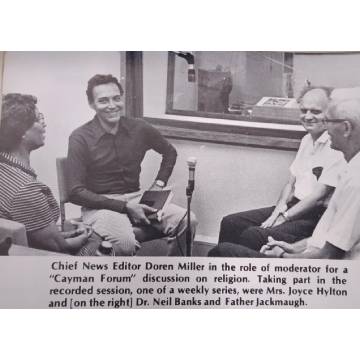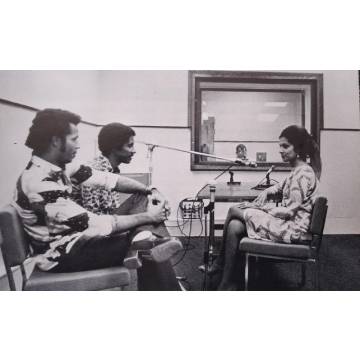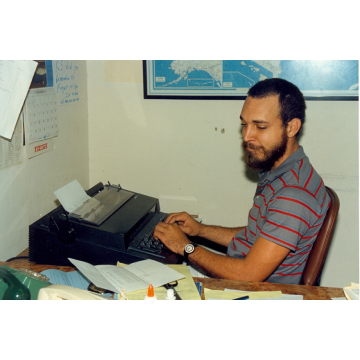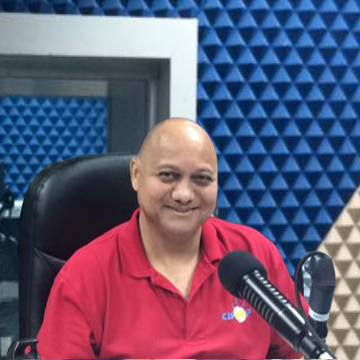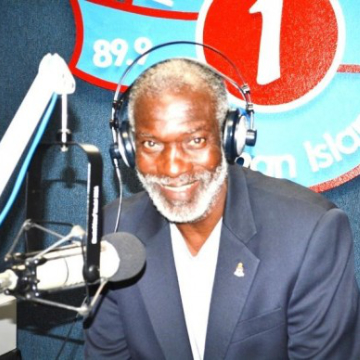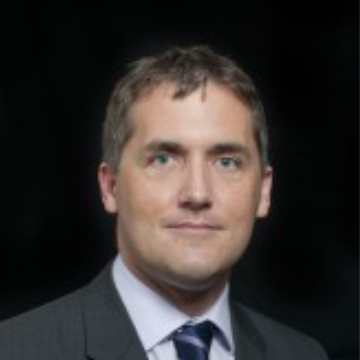News
CCMI's Reef Lecture Series to Feature Visiting Researcher
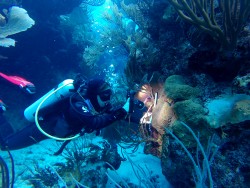
The Central Caribbean Marine Institute (CCMI) is pleased to welcome visiting researcher Dr Gretchen Goodbody-Gringley from the Bermuda Institute of Ocean Science (BIOS) to Grand Cayman in April. In addition to visiting the Little Cayman Research Station to explore joint projects to understand the mechanisms that will boost coral reef survival, she will present a special Reef Lecture in Grand Cayman on Thursday, 25th April, at the National Gallery of the Cayman Islands.
Dr. Goodbody-Gringley’s presentation, Coral Reef Resilience and Refugia: Adaptation and Acclimatization in a Changing Environment, will focus on current threats to coral reef systems and mechanisms to overcome them through changes to reproductive patterns, epigenetics, dispersal, morphology, and physiology, with specific attention to the potential for mesophotic reefs (deep below SCUBA depth limits) to serve as a refuge for future coral survival. She will present her current work on the deep reefs of Bermuda and attendees will see a part of the ecosystem that is unreachable using recreational diving.
Dr. Carrie Manfrino, President and Director of CCMI, describes Dr Goodbody-Gringley’s work as the urgent scientific research needed to develop innovative solutions to declining reefs. “Working with experts like Dr. Goodbody-Gringley provides enormous capacity for us to incubate new research projects and proposals aimed at understanding how corals can survive current levels of stress. Her work is exploring the cellular and even epigenetic-level adaptation that may drive recovery. We think the answers will provide clues to why some reefs and some corals are capable of survival while others die. Dr. Goodbody-Gringley is working on these important questions.”
As an Assistant Scientist at the Bermuda Institute of Ocean Science (BIOS), Dr. Goodbody-Gringley serves as principal investigator for the Reef Ecology and Evolution Lab. She received her B.Sc. from the Univ. of Georgia, and her PhD from Harvard University in 2009. Her research throughout her career has included studying aggressive behavior of damselfish in Jamaica, temperate subtidal benthic communities in New England, reproductive ecology and phylogeography of a brooding coral compared to a broadcasting coral in the Western Atlantic, and postdoctoral work at Mote Marine Laboratory that focused on reef restoration and coral larval ecology. She held a second postdoctoral position as a EURIAS Fellow at the University of Bologna examining populations of a Mediterranean coral. At the Reef Ecology and Evolution Laboratory at BIOS, Dr Goodbody-Gringley and her team are able to combine large-scale in situ ecological surveys, small-scale laboratory experiments, and molecular ecology to answer questions related to reef health, evolution, resilience, and recovery. This is critically important because more than half of the world’s reefs are degraded and there is still so much unknown about how to better protect what is left.
The Reef Lecture on 25th April will begin at 5:45 pm, and there will be an opportunity to ask questions at the end. This event is free and open to the public. Registration is requested at: https://donate.reefresearch.org/reefresilience.
The Healthy Reefs campaign, which includes all Reef Lecture events, is supported by Ogier, Foster’s Food Fair IGA, Aureum Re, and the Cayman Islands Department of Tourism. The National Gallery of the Cayman Islands continues to be an amazing partner in hosting important public events such as the Reef Lecture series.
For more information about CCMI, Healthy Reefs, upcoming events and how to help protect our reefs, visit www.reefresearch.org.


